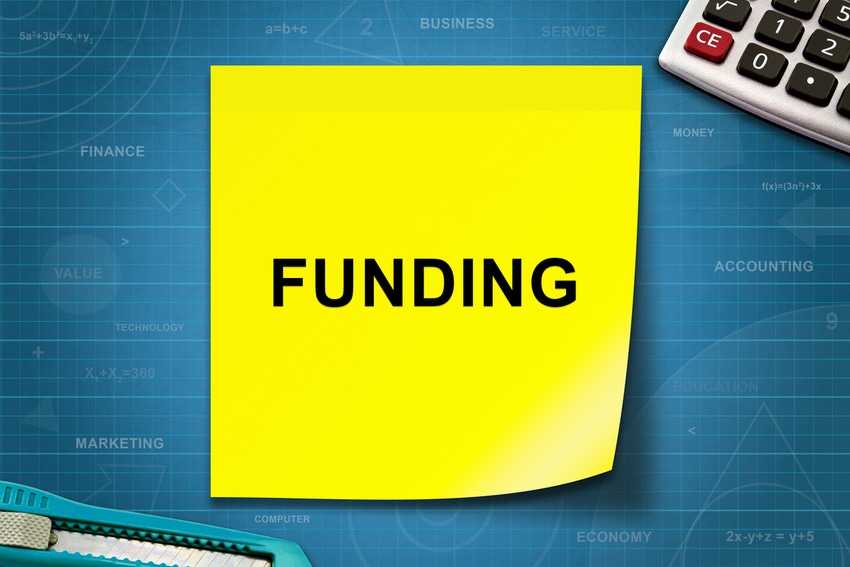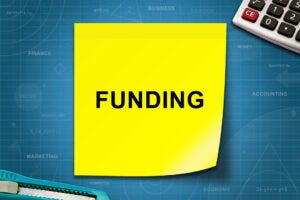Content Spotlight
Podcast: MilliporeSigma says education vital to creating unbreakable chain for sustainability
MilliporeSigma discusses the importance of people, education, and the benefits of embracing discomfort to bolster sustainability efforts.
August 8, 2022

OriCell Therapeutics has closed a $120 million Series B financing set to support its cell therapy and bispecific immunotherapy pipeline.
The Shanghai, China-based company also plans to build a clinical/commercial manufacturing plant, though the location or further details are yet to be revealed.
OriCell has two chimeri antigen receptor (CAR) T candidates that are close to clinical stage, one for advanced liver cancer and the other for multiple myeloma.

Image: Stock Photo Secrets
It is also developing a PD-L/4-1BB bispecific antibody that it partnered with Antengene. OriCell’s financing was led by Qiming Venture Partners and Quan Capital and joined by other investors, including C&D Emerging Capital, an existing shareholder.
OriCell has four proprietary technology platforms: OriAb antibody discovery technology platform, OriCAR CAR-T technology platform featuring high memory and high vitality, OriTIL, a stable and controllable cell culture platform for efficient expansion, and OriUCAR, a universal, convenient, and efficient CAR-T technology platform.
Furthermore, OriCell released the following updates on its portfolio:
Ori-C101 – OriCell’s IND for its CAR-T product targeting GPC3 to treat advanced liver cancer was accepted in China. In data published at the 2021 ASCO annual meeting, Ori-C101 demonstrated superior safety and efficacy in patients with GPC3-positive advanced liver cancer. It showed an objective response rate (ORR) of 44% and disease control rate (DCR) of 78%. The longest follow-up thus far is more than 22 months, with additional follow-ups ongoing.
OriCAR-017 – In an investor-led study, China’s first GPRC5D CAR-T product reported a 100% objective response rate and 100% minimal residual disease (MRD) negative rate in patients with relapsed/refractory multiple myeloma. The trial included five prior BCMA CAR-T relapsed patients. The majority of adverse events (AE) were transient, manageable, and reversible. Only Grade 1/2 cytokine release syndrome (CRS) was observed with no dose limiting toxicity (DLT), neurotoxicity, or AE-related death. OriCell is moving forward with trials planned in China and the US.
OriBs-001 (ATG101) – OriCell acquired rights to the PD-L/4-1BB bispecific antibody from Antengene in 2019. It is approved to start trials in China, the US and Australia.
Helen Yang, Chairman and CEO of OriCell, said, “We are grateful to our new and existing investors for their continued support in OriCell. We have achieved a number of significant milestones in terms of clinical development of our CAR-T and partnered bispecific antibody programs, as well as continued to strengthen our senior management team.
“We look forward to delivering more innovative discoveries and clinical milestones in the next three years. In today’s open, inclusive, and dynamic innovative pharmaceutical ecosystem in China, we endeavor to become a world leading cell therapy company with a broad vision that can integrate seamlessly into the global market.”
Earlier this year, Weidong Cui joined the company as chief technology officer. Cui has more than 20 years of experience in process development, GMP production and commercial operation of cell therapy drug products. As the former CTO at Fosun Kite, he has led the team to successfully complete the GMP production, IND registration, and NDA registration of the first CAR-T.
This article was first published in ChinaBioToday on August 1, 2022.
You May Also Like